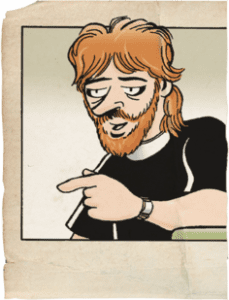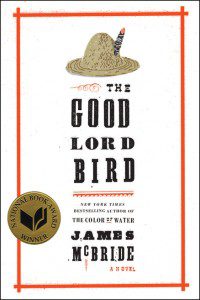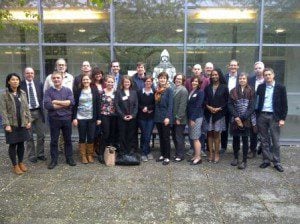I was reading a fictional account in which a gay man asks a pastor, a long-time friend, to perform his same-sex wedding. Although the pastor tries to keep his cool, the prospect appalls him. He warns that if this event did occur, he would avert his eyes in disgust if the two men kissed in front of him. He would be “totally grossed out.” Ultimately he decides that he cannot perform the wedding, mainly because “I’m a little worried about... Read more
















